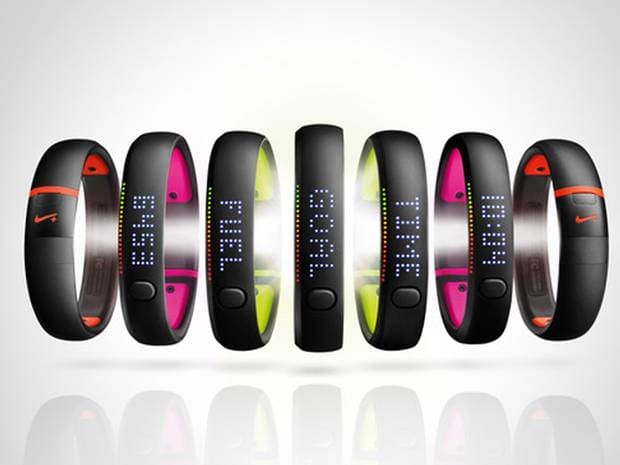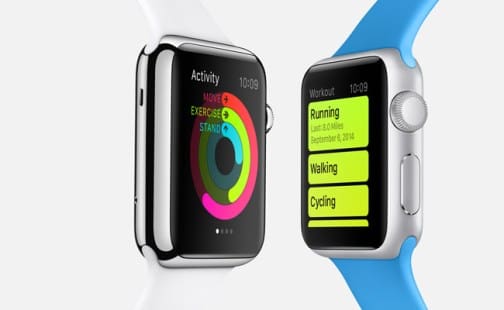
Always wondered whether a fitness tracker is actually effective or not?
A two-year study of 471 overweight people found devices that monitor and provide feedback on fitness tracking devices, might not offer an advantage over old-fashioned, tech-less dieting schemes.
Half of the volunteers were given a fitness tracker to monitor their progress. Unfortunately, by the end of the trial, researchers found those provided with the monitoring device lost less weight (average of 3.5kg) than the group that doesn’t rely on them (average of 5.9kg).

Those using fitness trackers may have felt they were able to reward themselves with “treats” after working out, usually when they’ve reached their daily target. This behavior will decrease the level of weight loss.
All in all, the gadget seems to act like a motivation device where it’s more likely to be useful for people who already lead a healthy lifestyle and want to monitor their progress.

Chiming in with reminders, data, and tips, our sleek gadgets and handy apps are supposed to program us into being better versions of ourselves. But sadly, some technology is no match for the chaotic code of an emotional human—particularly one struggling on a diet.




